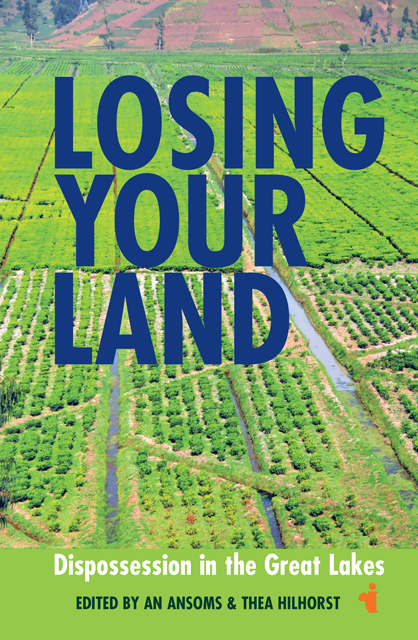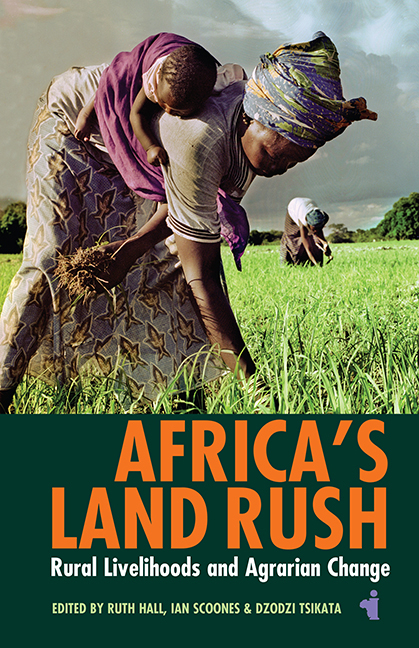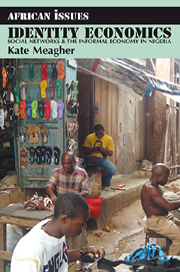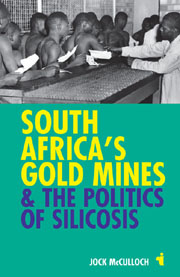14 results in African Issues

Losing your Land
- Dispossession in the Great Lakes
-
- Published by:
- Boydell & Brewer
- Published online:
- 24 February 2023
- Print publication:
- 16 October 2014

Land, Investment and Politics
- Reconfiguring Eastern Africa's Pastoral Drylands
-
- Published by:
- Boydell & Brewer
- Published online:
- 18 January 2023
- Print publication:
- 15 May 2020

Disability Rights and Inclusiveness in Africa
- The Convention on the Rights of Persons with Disabilities, challenges and change
-
- Published by:
- Boydell & Brewer
- Published online:
- 07 October 2022
- Print publication:
- 19 July 2022

Volunteer Economies
- The Politics and Ethics of Voluntary Labour in Africa
-
- Published by:
- Boydell & Brewer
- Published online:
- 18 June 2021
- Print publication:
- 19 May 2016

The Root Causes of Sudan's Civil Wars
- Old Wars and New Wars (Expanded 3rd Edition)
-
- Published by:
- Boydell & Brewer
- Published online:
- 12 June 2021
- Print publication:
- 18 November 2016

Africa's Land Rush
- Rural Livelihoods and Agrarian Change
-
- Published by:
- Boydell & Brewer
- Published online:
- 21 May 2021
- Print publication:
- 16 July 2015

Electricity in Africa
- The Politics of Transformation in Uganda
-
- Published by:
- Boydell & Brewer
- Published online:
- 25 August 2018
- Print publication:
- 31 August 2017
-
- Book
- Export citation

China's Aid and Soft Power in Africa
- The Case of Education and Training
-
- Published by:
- Boydell & Brewer
- Published online:
- 05 July 2013
- Print publication:
- 16 May 2013

From the Pit to the Market
- Politics and the Diamond Economy in Sierra Leone
-
- Published by:
- Boydell & Brewer
- Published online:
- 05 April 2013
- Print publication:
- 15 November 2012

Identity Economics
- Social Networks and the Informal Economy in Nigeria
-
- Published by:
- Boydell & Brewer
- Published online:
- 05 April 2013
- Print publication:
- 18 February 2010

Diamonds, Dispossession and Democracy in Botswana
-
- Published by:
- Boydell & Brewer
- Published online:
- 05 April 2013
- Print publication:
- 20 November 2008

South Africa's Gold Mines and the Politics of Silicosis
-
- Published by:
- Boydell & Brewer
- Published online:
- 05 February 2013
- Print publication:
- 18 October 2012

Sudan Looks East
- China, India and the Politics of Asian Alternatives
-
- Published by:
- Boydell & Brewer
- Published online:
- 05 February 2013
- Print publication:
- 20 November 2011

The Front Line Runs through Every Woman
- Women and Local Resistance in the Zimbabwean Liberation War
-
- Published by:
- Boydell & Brewer
- Published online:
- 05 February 2013
- Print publication:
- 20 October 2011

